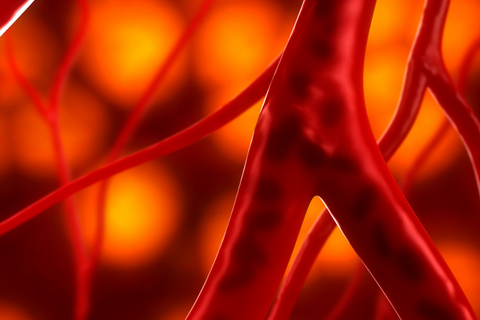*** Purchase peptides at https://centurionpeptides.health/ ***
Thymocene Beta-4 (TB4) is emerging as one of the most promising peptides in the field of regenerative medicine. As discussed in our recent Frontline Health Podcast episode, this naturally occurring 43-amino acid peptide has been studied since the 1960s, but is only now beginning to receive the attention it deserves from both the scientific community and sports medicine practitioners.
TB4 works primarily by interacting with actin, a protein that forms the structural framework of cells. This interaction enables cells to migrate more effectively to injury sites, promoting faster and more complete healing. Unlike traditional anti-inflammatory medications that simply mask symptoms, TB4 appears to orchestrate a comprehensive healing response by promoting new blood vessel growth, reducing inflammation strategically, and limiting excessive scar formation that can restrict mobility after injuries.
The delayed emergence of peptides like TB4 into mainstream healthcare can be attributed to several factors. Early peptide formulations lacked stability, making them difficult to store and administer effectively. Manufacturing challenges limited production scale, and regulatory uncertainty about how to classify these compounds created additional hurdles. Perhaps most significantly, the bioavailability of orally administered peptides was extremely poor—often less than 5% would actually be absorbed by the body. Recent breakthroughs, particularly the addition of arginine salt to peptide formulations, have dramatically improved absorption rates to 90-95%, making oral peptide supplements a viable option for the first time.
Research into TB4's applications spans multiple areas of medicine. Topically, it shows promise for treating diabetic ulcers and other slow-healing wounds. As eye drops, TB4 is being investigated for corneal injuries and dry eye disease. Perhaps most intriguingly, animal studies suggest TB4 may offer cardioprotective benefits following heart attacks. For athletes and active individuals, TB4's ability to accelerate healing of ligaments and tendons makes it particularly valuable for recovery from sports injuries or surgeries.
The concept of "stacking" peptides—combining TB4 with other peptides like BPC-157—represents a cutting-edge approach to accelerating tissue repair. When used together, these peptides appear to work synergistically, potentially offering exponential rather than merely additive benefits. Both promote angiogenesis (formation of new blood vessels) and modulate inflammation, but they target different pathways in the body, creating a more comprehensive healing response when used in combination.
As we look to the future of functional medicine, peptides like TB4 may represent a paradigm shift in how we approach healing and recovery. Rather than simply managing symptoms of injury or inflammation, these compounds work with the body's natural processes to optimize healing at the cellular level. For anyone dealing with chronic injuries, slow-healing wounds, or seeking to maintain mobility and function as they age, the emergence of research-backed peptide therapies offers new hope and possibilities.




